Exclusive: A racism row is tearing apart Liverpool's oldest private members club
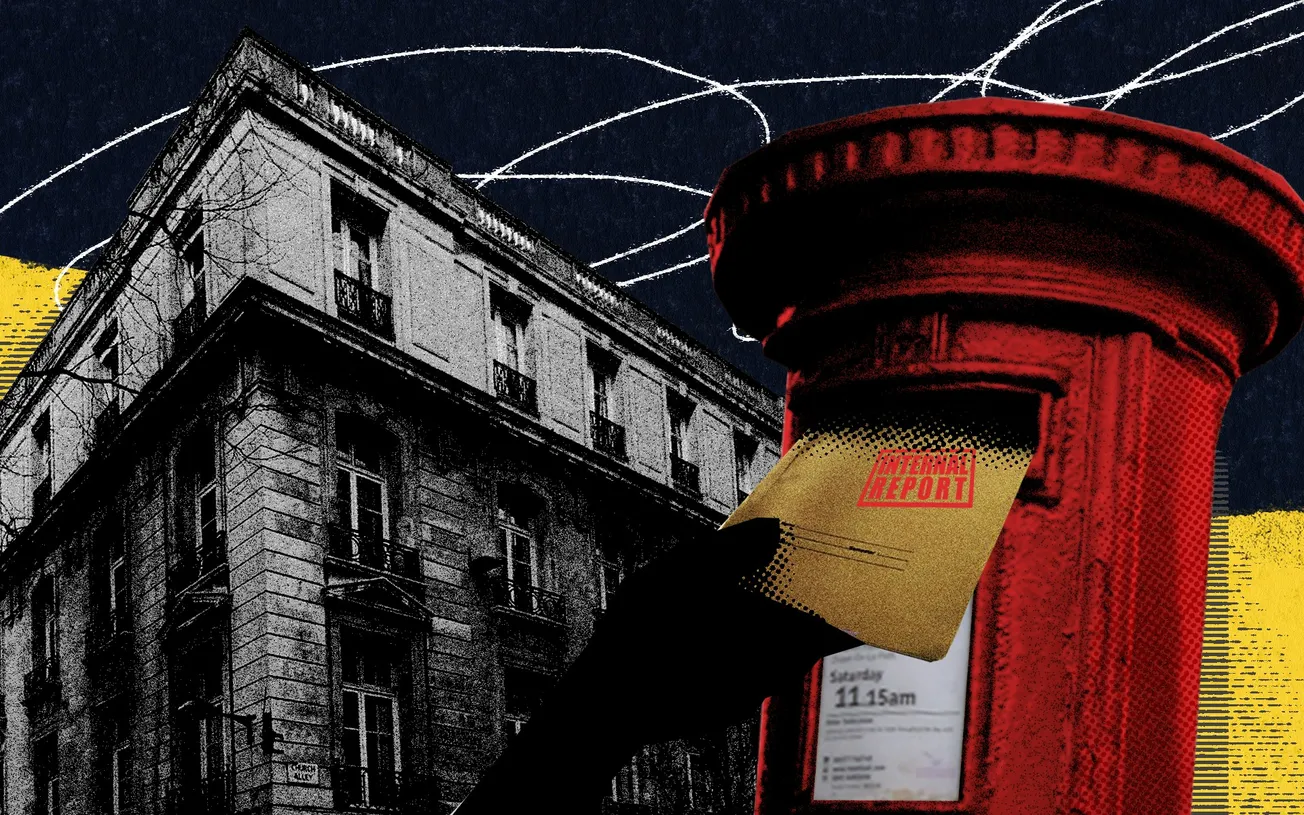
A member of the Athenaeum has been accused of alarming bigotry. So why wasn't he expelled?
Dear readers — two months ago an anonymous dossier dropped into our inbox at The Post. It concerned the Athenaeum private member’s club — one of the most historic institutions in Liverpool. Page after page of testimony in the document laid out the alleged behaviour of one Athenaeum club member — a young man who works as a government civil servant.
The allegations about the member could hardly be more serious. At one point in the document — a compilation of evidence gathered by the club while it investigated the matter — he is accused of “giving a Nazi salute and saying ‘Zeig Heile’, [sic] thinking that others would find it amusing.” Elsewhere the member is accused of arguing to bring back slavery. In WhatsApp messages referenced in the report — and seen by The Post — the man appears to be sharing a cruel racist joke about African people.
Seven separate members of the Athenaeum have told us that they are appalled by the situation — and horrified that the member in question has not been expelled from the club. One of them even reported the member to Prevent, the government’s anti-extremism programme, who are said to have passed the matter to counter-terrorism police.
Ever since we were sent the document, we have been trying to get to the bottom of it. When we met three of the club’s senior officials recently, we put to them a long list of the alleged comments, including that the member had called for the return of slavery.
“Well, that’s an opinion,” the club’s chair responded. “This is exactly what this place is about. [William] Roscoe in 1797 created this place for people to be able to argue these issues.”
The events have laid bare a chasm in the Athenaeum — a row that has particular resonance for an organisation that is contending with its historical links to the slave trade. Some members argue that the club is supposed to be a forum for unfettered free speech. Others say the decision not to expel the accused member — despite an official recommendation to do so by the Athenaeum’s honorary secretary — is shameful.
“It’s NOT acceptable — it’s mortifying to hear,” one member wrote to a club board member on WhatsApp earlier this year. “The reputational damage he will cause is unparalleled.”
The Athenaeum says that it has handled the matter “thoroughly in accordance with our laws, constitution and disciplinary provisions,” and that the allegations originate from a “network of nastiness” made up of a small group of disgruntled members. The member accused of racism — who we are choosing not to name — told us the claims are “without substance”.
As always, this edition of The Post is for paying subscribers. Our free readers can read the top of the email, but if you want to read Jack’s extraordinary investigation into what’s happening at the Athenaeum, you will need to be on our paid list. Just hit the button below to join up if you’re not a member already.
Exclusive: A racism row is tearing apart Liverpool's oldest private members club
“It’s been a very turbulent year, a very turbulent year,” says Roy Boardman. We’re sitting in the Athenaeum private member’s club — one of Liverpool’s most historic institutions — on an icy Monday morning. It’s empty; the club is shut today to be cleaned. Only me, general manager Boardman, chairman Roger Philips and club secretary Jack Birley are sitting in the massive and opulent room, save a couple of cleaners dragging hoovers around in the background.
“There’s a famous story actually,” Boardman goes on. “The last time we had a dispute like this in the club, it was settled with a duel”.
He’s referring to an often-told tale from Athenaeum folklore, an incident that took place not long after the club was founded in 1797 as a gathering place for the city’s most influential men. Two members had a dispute after one made a crude remark about the other’s niece. The duel was arranged at Knott’s Hole out at the mouth of Dingle. Only one lived to tell the tale.
I’m not here to talk about 150-year-old duels though; I’m here to ask about a document I have been sent — an internal report that suggests the club has covered up a pattern of alarming racism by one of its members.
The document, which was created by the club itself, features a set of allegations that one member of the Athenaeum has been overheard making deeply bigoted and unpleasant remarks. The suggestion from members I have spoken to is that this man — a young civil servant — has been protected by the club, and that this “cover up” — as they put it — puts a moral stain on an organisation that is already struggling with its historic links to the slave trade.
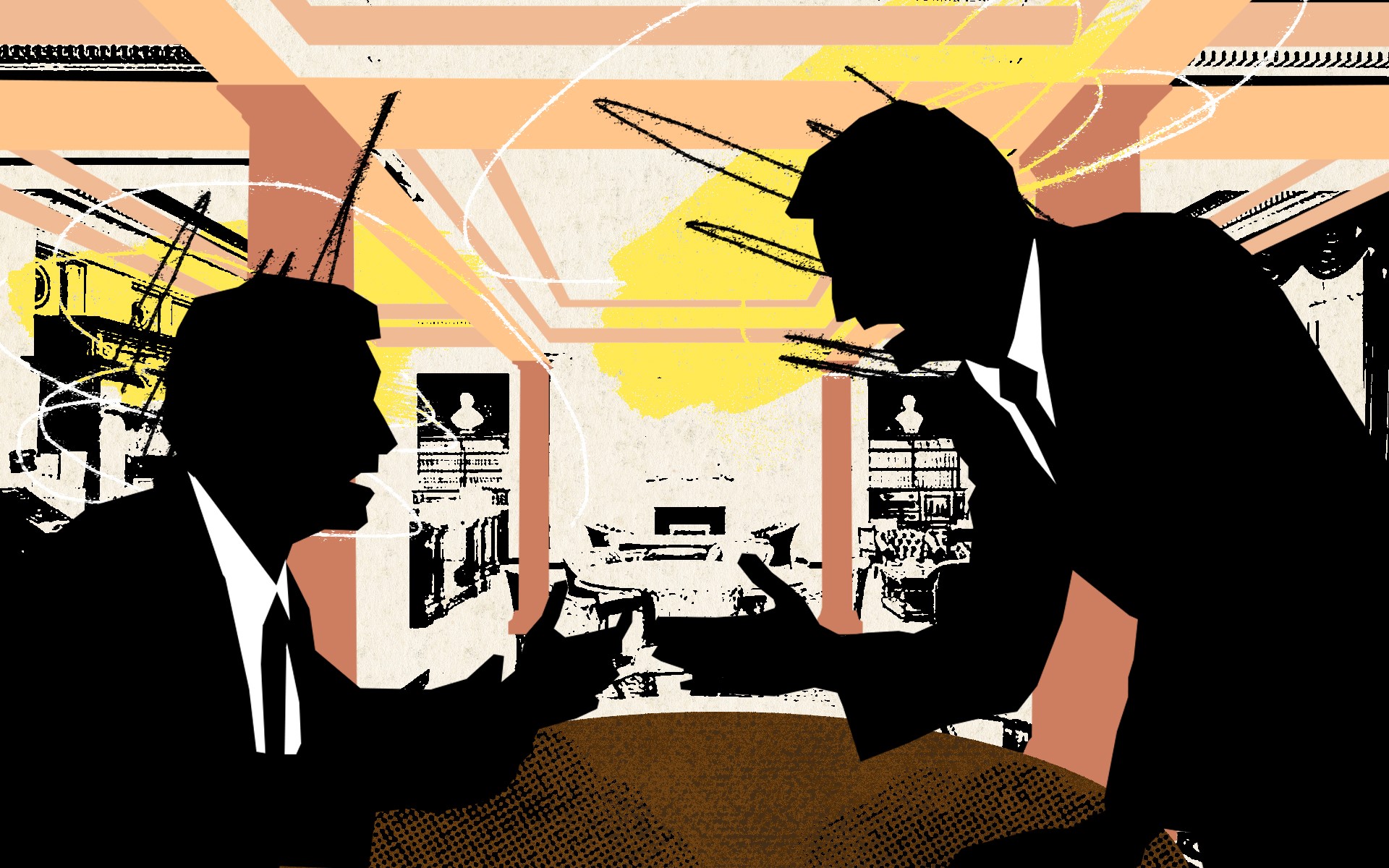
The row, I’m told, has split the Athenaeum’s membership and raised fundamental questions about what the club exists to do. Is it supposed to be forum for unvarnished free speech — a place where people can say things that fall way outside the bounds of acceptable discourse? Or, given its exclusive and problematic history, should this be a place where bigotry gets called out with a special clarity and vigour?
Phillips, Boardman and Birley accept that the club is in crisis over this issue, but they aren’t convinced they have a racist in their midst. The member in question does have “very strong views on immigration”, Boardman admits, but those are views “shared by millions”.
Our conversation is about to get much stranger. When I mention that the member is alleged to have argued for bringing back slavery, Phillips doesn’t dispute that this happened. In fact, he says this: “Well, that’s an opinion, isn’t it? This is exactly what this place is about. Roscoe in 1797 created this place for people to be able to argue these issues”.
A new arrival
The Athenaeum was set up as a place for the city’s most prominent figures to be able to read books and keep abreast of world events via newspapers and magazines.
Early Athenaeum members included both abolitionists, like the banker and lawyer William Roscoe, but also slave owners. Perhaps most notable: Sir John Gladstone, father to prime minister William Gladstone, a wealthy merchant who owned plantations in the British colonies of Jamaica and Demerara-Essequibo. The extent of Gladstone’s role in the trade was so vast that following the passage of the Slavery Abolition Act in 1833, he received the largest of the compensation payments made to all slave owners.
In recent years the Athenaeum has made efforts to contend with its past. Two years ago it published Robertson Gladstone's (the son of John Gladstone and brother of William) journal of his visit to the family's slave plantations in Demerara. Last year, the Athenaeum member and well-known historian Laurence Westgaph gave a talk at the club entitled ‘The Athenaeum and the Transatlantic Trade in Enslaved Africans’. The club has also partnered with PhD students investigating its past links to the slave trade.
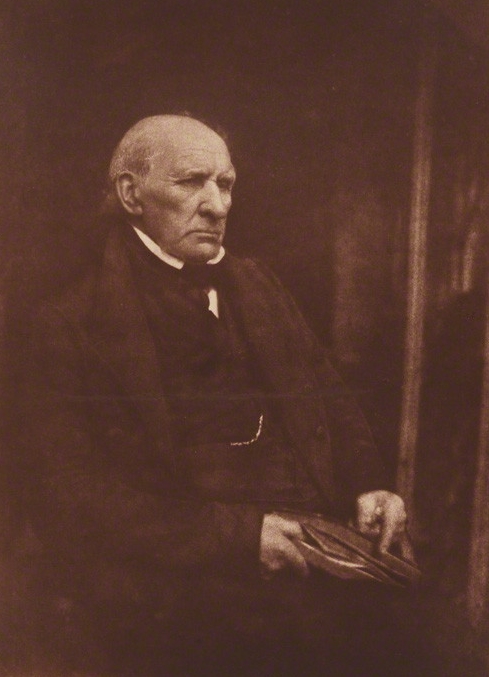
That history is relevant here. The club should not, its progressive members contend, become an incubator for bigoted or hateful views, especially given its links to slavery and empire. On the other hand, some members say, the very purpose of the Athenaeum at its inception was to be a place of free, uninhibited debate. Shouldn’t that tradition be allowed to continue?
When The Post visited the club to write a piece about it earlier this year, we found a place mostly inhabited by Liverpool’s professional class: doctors and lawyers. Its vast rooms retain their opulence, but the membership is ageing and many members were eager for the club to shake off the connotations of stuffiness generally associated with private member’s clubs. “However steeped in grandeur the past may be, the Athenaeum is looking to change its reputation,” we wrote.
Two factions seem to exist at the Athenaeum. Modernisers, or progressives, and those who wish to maintain the status quo. This manifests in trivial ways: debates over dress code have dominated committee meetings at the club in years gone by, with ‘small c’ conservative members furious at a slackening in standards — like no longer requiring members to wear ties in the dining room.
In the past year, these factions have been arguing over something rather less trivial. “This is a classic battle of the old guard trying to keep the club in the 1800s, against the majority of the members who want a more modern club with an up-to-date, diverse and inclusive, view of the world,” wrote the anonymous member who sent me the document. “The Board needs to be held to account.”
It all began when a new member joined the Athenaeum in 2021 and quickly began to make a name for himself. According to one account quoted in the document, one day a group of people were in the club’s “newsroom” — a cavernous space stocked with the daily papers — discussing a flat the new member was hoping to buy. The source claims that the member said he should get the flat as a “respectable young white middle-class professional” who would be able to look after it, rather than an immigrant family who would “stink the place out”.
Phillip Merry, one of the club’s few members under the age of 30, was the only source willing to be named in this article. He describes the member pestering people to talk about mass immigration when they first met and says that over time, his remarks became more explicit. At one point, the new member told Merry he’d chosen to move to Liverpool because London “isn’t England anymore”. “It got more virulent, he got bolder,” Merry says.
Among Merry’s concerns — expressed in the document — was that he didn’t want the club to appear as a “a place of safety” to express extremist views. It wasn’t the image Merry had of the club as a “welcoming and broadly progressive” place. He adds: “It's not a hotbed of racism”.
“If we do not take this seriously we run the risk of all being tarred with the same brush,” he wrote.
Another member reported that the new member had openly confessed to being “a racist” while sitting by the window in the newsroom, as well as making other offensive remarks, including “his intention to revert the club back to Men only” (the club admitted women in a few decades ago).
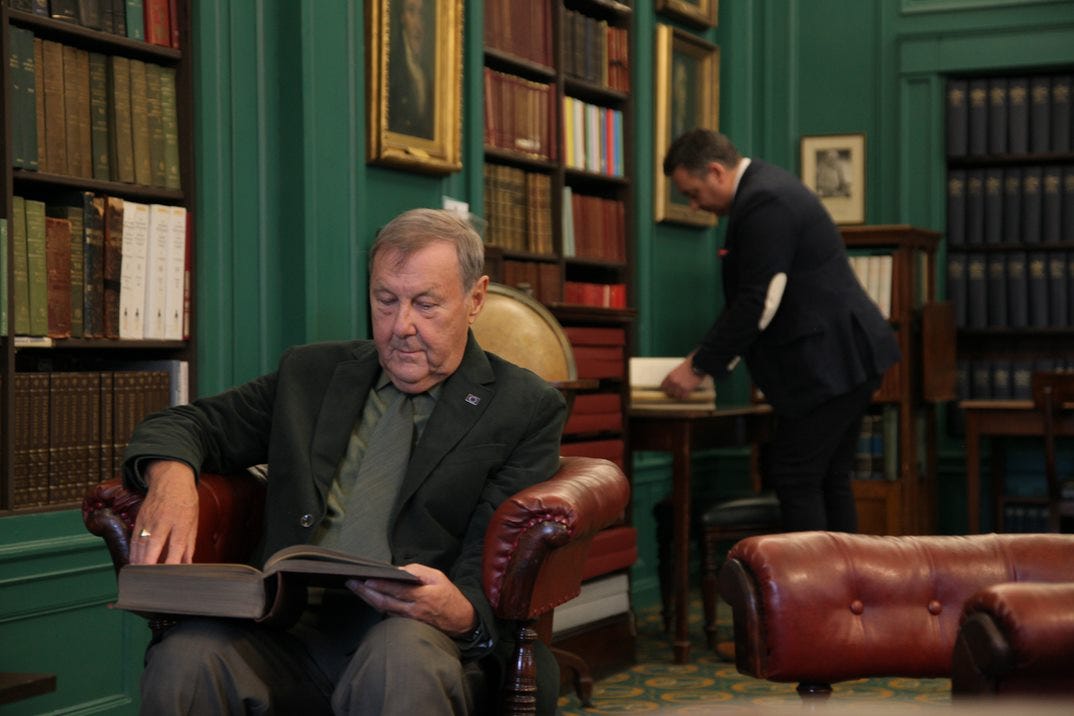
Another member flagged the issue to a board member on 6th May this year via WhatsApp, complaining of “virulent racism”. The member wrote: “It’s NOT acceptable — it’s mortifying to hear — the reputational damage he will cause is unparalleled”, before adding: “Bad apple and barrel becomes poisoned”. The board member seems to suggest he doesn’t want to get involved in the dispute, replying: “I will have no part in this”.
More worryingly still, two members reported that the member had expressed a belief that “we should bring back Slavery”. Speaking to The Post, one of them says it was “absolutely not tongue-in-cheek”, and “it was serious”.
But perhaps most serious of all is the claim — which appears twice in the document, from two different accounts — that the member gave a Hitler salute after an evening involving new Athenaeum members. “He was witnessed giving a Nazi salute and saying ‘Zeig Heile’, [sic] thinking that others would find it amusing,” one of the testimonies says.
The account mentions another member by name who allegedly witnessed the incident. When we contacted that woman, she stopped replying after we mentioned what our story was about.
The investigation
Boardman tells me the club took the allegations of racism at the Athenaeum “very seriously”. The original investigation was launched in July this year after the member in question complained that a fellow member had publicly called him a racist.
The club’s then-honorary secretary took charge of the investigation — which was how the dossier of accounts that was sent to me was originally compiled. The member being accused of racism was told that he was not allowed into the club until the investigation was concluded.
After reviewing the evidence, the honorary secretary is said to have recommended to the board that the suspended member be expelled from the Athenaeum. He believed that the club could suffer serious reputational damage were it to get out that it was turning a blind eye to racism and members championing slavery. But the recommendation was never taken up.
Why not? Firstly, I’m told, the investigation was undermined by emails that began to circulate in which it was pointed out that one of the members helping to gather evidence about the alleged racism was a former priest who had previously been jailed for sexual assault. It began to look like the club was devolving into a cesspit of sordid allegations, backstories and rumours.
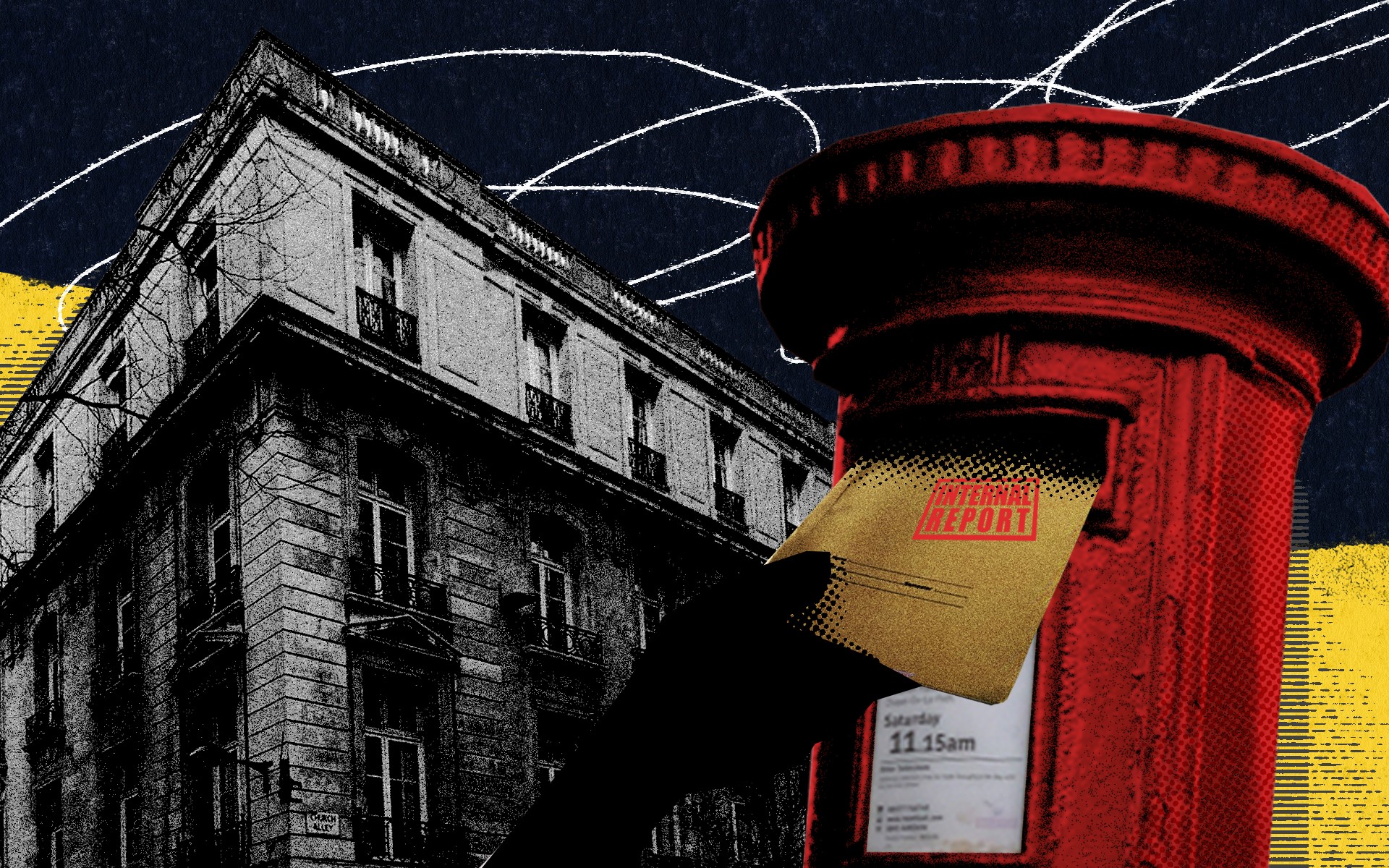
But this wasn’t all. Some members believe that the real reason nothing was done was political. It’s said that the member at the heart of this controversy actively campaigned for the more conservative faction in the club during the elections to the Athemaeum’s board in September, helping to operate a spreadsheet for the campaign. Those efforts were partially successful and the new board — featuring several traditionalist figures — is alleged to have rewarded the member by ignoring the recommendation that he be expelled.
Merry says that he and several other members were “appalled” at the decision. “The facts in the case were clear, the decision is completely wrong and will not stand and it is shameful for the board to have protected a virulent racist in this way.”
‘An opinion’
Back in the newsroom, Boardman tells me the decision was effectively made for him. A club member had anonymously reported the alleged racist to Prevent (the government’s anti-radicalisation programme). The complaint had been escalated to Counter Terrorism Policing North West, who looked at it alongside Merseyside Police. Boardman then received a call from counter-terrorism police and passed them the dossier the club had compiled.
When the police came back and told him that the incident did not warrant police action, Boardman says this settled the matter: the member should be allowed to stay and the recommendation to expel him should be ignored. “I came with a very clear mind to this…if he was being looked at officially then we would leave the decisions for them,” Boardman says about the police involvement.
I make the obvious point: the bar for the police to arrest someone is always going to be much higher than for a private organisation deciding who it wants to have as a member. Something might not constitute a hate crime but may still be deemed way beyond acceptable in a club. “I would argue for racism they should be at the same level,” Boardman says, though he adds: “The feedback we got [from the police] was that he was not a racist and that he just held strong views on immigration”.
This would be an unusual intervention from a police force who have decided not to proceed with an investigation. Boardman said this assessment came in a call from Merseyside Police, but a spokesperson for the force said they had no reference to the case on their database and referred me to Counter Terrorism Policing North West, who haven’t yet responded to my request for information.
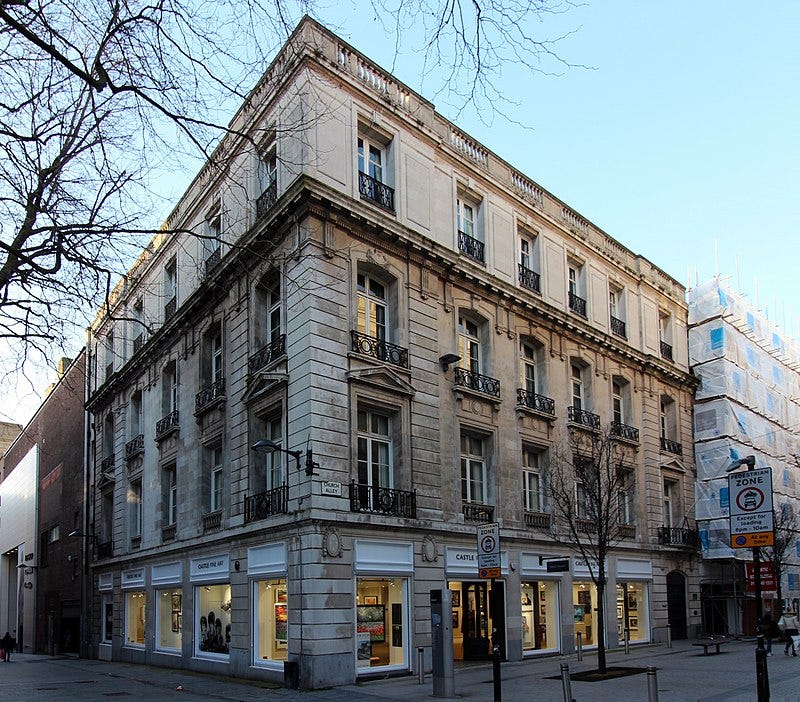
Phillips, a well-known former BBC Radio Merseyside presenter as well as the club’s chair, also tells me he “had a quiet word” with the member to be careful about what he says in the club. Ultimately though, both Boardman and Phillips believe the allegations — which they describe as “hearsay” — are the work of a small clique at the club who wish to drag its name through the mud. Phillips describes the accusers as “a little network of nastiness”. Boardman adds that he doesn’t believe the original investigation was “followed correctly”.
What about the talk of immigrants “stink[ing] out” flats? I ask. Is that not racism? “I’ve met [him], my impression [is] — and this might be very naive — but I don’t believe he’d ever have said that,” Phillips says.
Also included in the dossier was a succession of WhatsApp messages the member had sent to one club member, which invariably seemed to involve links to “anti-immigrant hatred, anti-trans and anti-black dehumanisation tweets” (as the member later wrote in an email to the club secretary). I ask Birley about the messages, which he says “tell a tale of anti-immigration” which he “personally [doesn’t] condone”.
What about this one, I say, referring to one especially disturbing message which linked to “a video of a black American woman suffering from uncontrollable diarrhoea in a supermarket,” with the post shared by the member stating: “This is not Africa”. It appeared to be suggesting that this was behaviour typical of African people.
“That’s just racism isn’t it?” I ask.
“All I can say to you is again, all that bundle of information went off to the police,” Boardman replies. Phillips adds that he didn’t read that bit: “There was so much screen I didn’t look at it all”.
And what about the calls to bring back slavery? Here, Phillips takes a different tact. “Well, that’s an opinion, isn’t it? This is exactly what this place is about. Roscoe in 1797 created this place for people to be able to argue these issues.”
In an email back and forth, I asked the member accused of racism multiple times whether the alleged incidents had occurred. He told me they were “without substance”, as well as asking me to name my sources, making legal threats and finally — bizarrely — telling me I had been reported to the police for potential harassment if the story went ahead.
Upon prompting before publication, the club told me that this was “an internal matter [which] has been handled thoroughly in accordance with our laws, constitution and disciplinary provisions”.
Where Boardman, Birley and Phillips do agree with the progressives is that this is potentially very damaging for the club. “It’s very disappointing for me that there’s this allegation of racism because we should be reflecting the diversity and the vibrancy of the city,” Boardman says.

Comments
Latest
Millions of tonnes of greenhouse gas to be piped under Liverpool Bay
The unexpected auction: A London fund manager is selling Merseyside homes from under their tenants
Northern Powerhouse Rail is back on track. We think...
The clockmaker of Wavertree
Exclusive: A racism row is tearing apart Liverpool's oldest private members club
A member of the Athenaeum has been accused of alarming bigotry. So why wasn't he expelled?